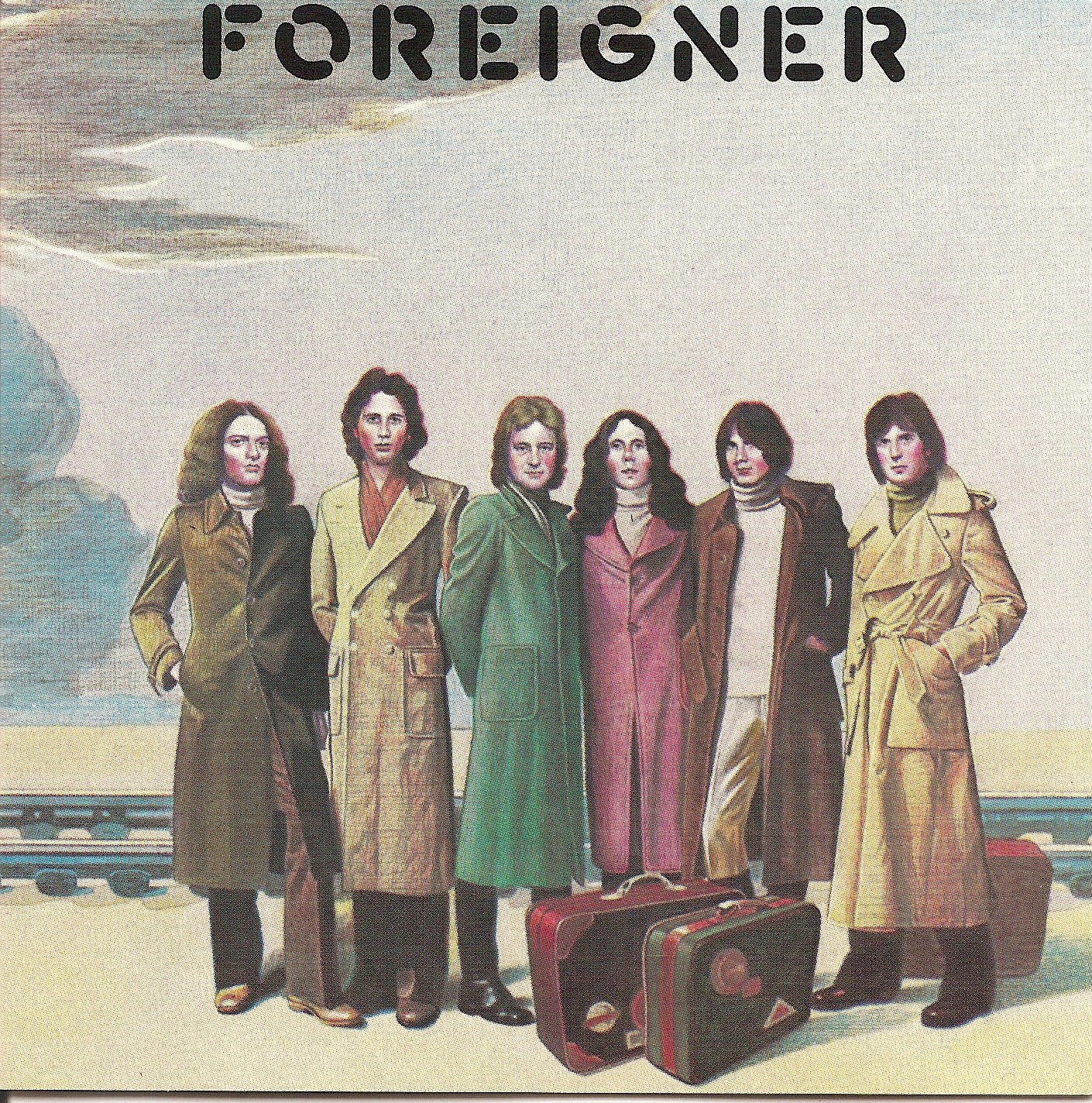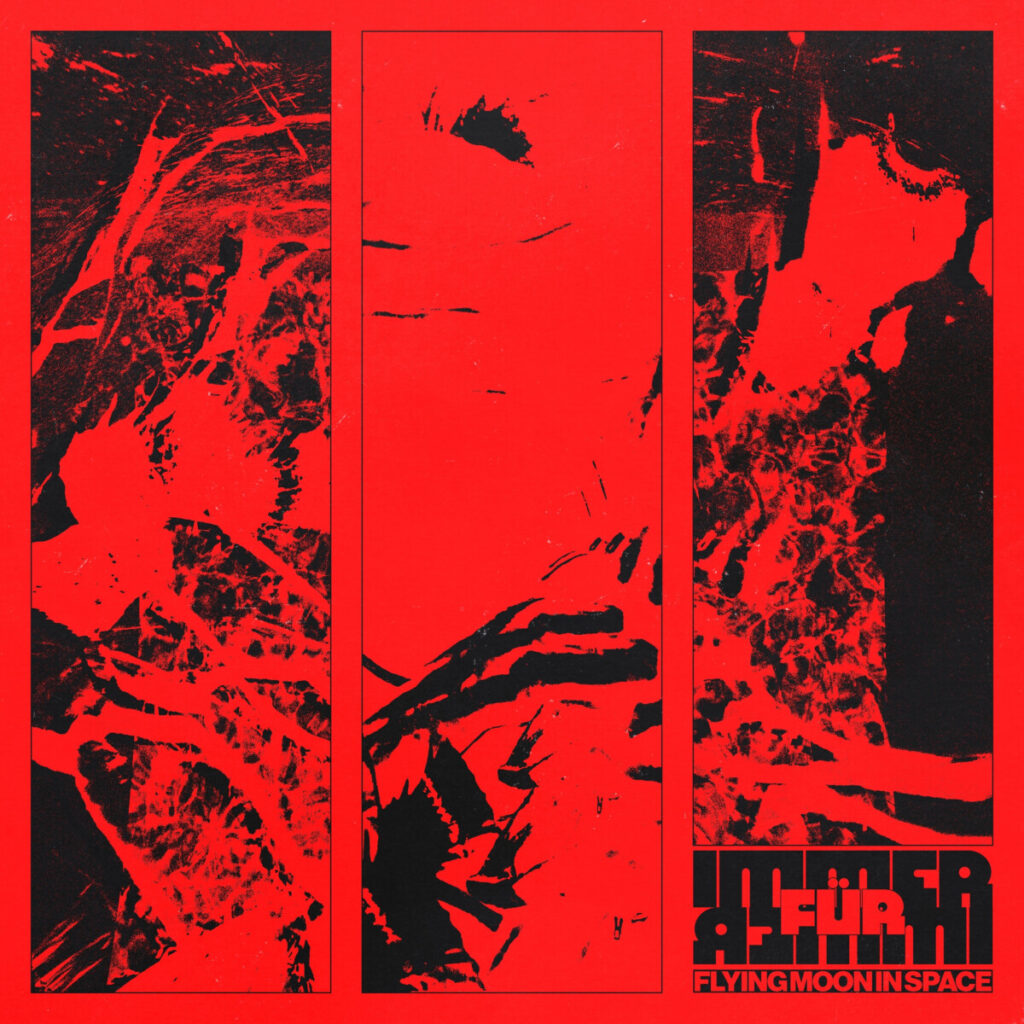Interview: Lou Gramm
Interview: Lou Gramm
LeValley:
Hi. Is this Mr. Gramm?
Gramm:
Yes, it is.
LeValley
Hi. It’s an honor to be talking to you.
Gramm:
My pleasure.
LeValley:
I was a huge Foreigner fan growing up.
Gramm:
That’s great to know. Thank you.
LeValley:
Yeah, I had all albums up through Inside Information. Do you have a favorite record of Foreigner?
Gramm:
I think 4 probably is my favorite. And then the last one, I think was very good, too.
LeValley:
Which one? Inside Information?
Gramm:
No. After that, I can’t even remember the name of it.
LeValley:
Unusual Heat?
Gramm:
Even after that. It was Mr. Moonlight.
LeValley:
Oh, Mr. Moonlight. Okay. I never heard that one.
Gramm:
That’s a great album.
LeValley:
I’ll check it out then. Good. So a few years ago here in Tucson, I was introduced to this older gentleman whom I was told was the father of Foreigner’s lead singer. And I immediately said, “You’re Lou Gramm’s father?” And then he said “No”. And he explained to me you dropped out of the band with a brain tumor, which was the first I’d ever heard of that. And reading up on you, I noticed that you actually made a full recovery from that and then rejoined Foreigner in ‘99, I think, before leaving again several years later.
Gramm:
Yes.
LeValley:
What led you to leave the band again?
Gramm:
It was some problems with the direction that we were going to take, and I heard us going a different way. And when I knew we weren’t, I knew that I didn’t want to be a part of it anymore.
LeValley:
Right. So creative differences, you could say.
Gramm:
Yeah, you could say that. Yeah.
LeValley:
What direction were they going in, and how did that differ from your vision?
Gramm:
Well, it was more laden with synthesizers and a kind of mid tempo ballad-y, almost ethereal. And I was working with Mick (Jones) on the songs, and it was difficult to work because I couldn’t feel any of the ideas, so it was very difficult to contribute.
LeValley:
Yeah, that makes sense. And I don’t blame you. That doesn’t sound like a direction that I’d be interested in going either.
Gramm:
No, not after where we’ve been. You know, I’m not saying we need to stay where we are and spin our wheels, but complete inside out direction didn’t really do it for me.
LeValley:
Right. Well, Foreigner’s often considered one of the corporate rock bands, and I was wondering to what extent Atlantic Records executives exerted their control over the band’s music.
Gramm:
How about none?
LeValley:
Really? Wow. Well, that’s really cool.
Gramm:
That corporate rock thing. I heard that it meant that everything we did was checked on, re-checked and voted on by the corporation. Every song, every show, every day. Every day. That’s what a corporate band is. I never even met half the people in Atlantic Records. After we had our success with the first album, nobody questioned anything we wanted.
LeValley:
Well, that’s great.
Gramm:
Furthest thing from a corporate band.
LeValley:
Right. I’ve heard that, and this could be a total rumor, but that the band Journey would, like, or that the record company would do market research on the chorus of their songs, and they’d do a chorus one way and then another way, and then they’d get feedback from test groups.
Gramm:
That’s interesting.
LeValley:
Yeah. So it’s kind of nice to know that they didn’t get you guys involved in anything like that.
Gramm:
No, I think it was more a critic’s pundit, you know, more or less just a way to take a shot at us.
LeValley:
Yeah. Well, speaking of Journey, they’re up for Rock and Roll Hall of Fame induction this year, and I think they’re leading the voting, so it looks like they’re going to get in. Yeah. What are your thoughts about Foreigner making it into the Rock and Roll Hall Fame? Have you guys even been nominated yet?
Gramm:
We have not. And honestly, I don’t spend a lot of time thinking about it, and I can’t even imagine why, even if we’re not in it, it’s like we don’t exist. So I don’t pay that much attention to who’s in the hall and why. It kind of puts a damper on their credibility as far as I’m concerned.
LeValley:
I agree. I think the Rock and Roll Hall of Fame is already irreversibly screwed up. Too many artists that don’t belong there.
Gramm:
And the ones that should have been there are not.
LeValley:
Yeah, that’s very true. So I’ve kind of given up on the Rock and Roll Hall of Fame. And I’d kind of like to see them scratch the whole thing and start over and do it right.
Gramm:
Right.
LeValley:
So anyway, I guess my next question was how important is it to you? But really, what I’m hearing is it’s not really important to you.
Gramm:
Well, I always thought it would be an honor, but the more I see some of their selections and then I see the people that belong there that are ignored, it kind of soured me on the whole idea of it.
LeValley:
Right. I know that you’re currently touring with some other music legends. Can you tell me a little bit more and who you’ll be performing with?
Gramm:
I’m not sure what you’re talking about.
LeValley:
Well, maybe it’s not a tour, but you are listed as performing in Phoenix on Friday, December 16, along with Robin Zander and Greg Rolie and some other people.
Gramm:
Oh, yes. I think that’s a three or four show kind of package, and I’m looking forward to that. I met Greg a couple of times years ago, and Robin and I have been friends from way back. I’m very much looking forward to those shows. I think they’re going to be a ball.
LeValley:
Right. And actually, I just pulled it up online. It looks like there are a number of singers on the bill, like Mickey Thomas from Jefferson Airplane and John Waite. How is that going to work with so many singers on the bill?
Gramm:
I got a feeling that it’s going to be a band that’s put together with a number of different players that have a name and I think every singer will come out and do four or five songs and then maybe at the end of the night we’ll come out for the encore and do one song where we all sing a little bit of it.
LeValley:
Yeah. It’s so close to Christmas. You could do “Do they know it’s Christmas?”
Gramm:
I hear we’re playing with John Payne’s band. His band will be the house band.
LeValley:
Okay. I don’t know who that is.
Gramm:
I’m not sure either, but that’s going to be the band for all the singers.
LeValley:
Okay.
Gramm:
I think it’s going to be a lot of fun, to tell you truth.
LeValley:
Yeah, it sounds like a fun show. So I noticed that you have made some Christian records or at least one Christian record, I think, with your brothers. Is that correct?
Gramm:
Yes.
LeValley:
Yeah. Is that something you’re continuing to do?
Gramm:
Well, not right now. Not at this time. But I think if the opportunity came up to do something like that again, I definitely would. I’ve got to say though, I don’t think we were picked up by many radio stations. It was a little bit of a frustrating effort.
LeValley:
You expected more of a response?
Gramm:
At least from the Christian market. Yeah, from what I understand, we were hardly played at all.
LeValley:
Yeah. Why do you think that is?
Gramm:
You know what? I’ve spent a lot of time thinking about it and I still don’t even know.
LeValley:
Well, do you ever see yourself rejoining Foreigner?
Gramm:
I think too much water under the bridge and we’ve moved on to different places. I have great memories of those times, but sometimes I don’t think you can just recreate.
LeValley:
All right. Well, that’s really all I’ve got. It was great talking to you.
Gramm:
Thank you.
LeValley:
Very thrilled.
Gramm:
My pleasure.
LeValley:
Yeah. Okay. Well, thanks again. Maybe I will make it up to that show on the 16th.
Gramm:
Awesome. That’d be cool if you do. Come back and say Hi.
LeValley:
I’d love to.
Gramm:
My pleasure.
LeValley:
Okay. Thank you.
Gramm:
All right, Jason, talk to you soon. Bye.
Gallery
Recent Articles
Can Molly Mend Your Marriage?
•
February 16, 2026
Immer Für Immer by Flying Moon in Space–Album Review
•
February 13, 2026

Loading...






2 thoughts on “Interview: Lou Gramm”
Is this for real?
Who are you?
It’s for real, I assure you.